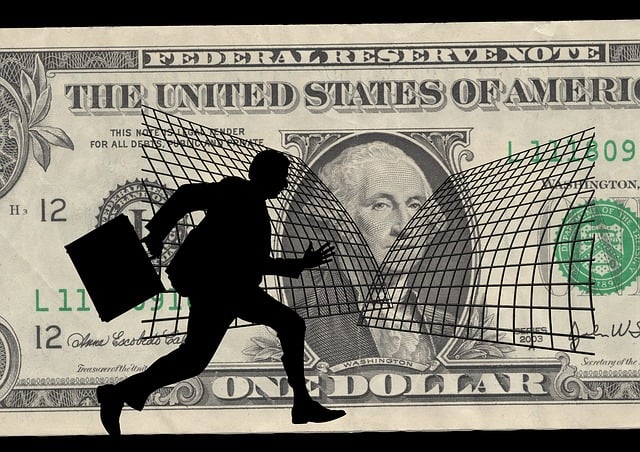Judge Rules Lawyer Willfully Evaded Tax Obligations Over 14 Years
A Kentucky lawyer and business owner attempted to use bankruptcy to erase 14 years of unpaid income taxes. The court ruled against this strategy, citing willful tax evasion as the key reason. This case is a cautionary tale for taxpayers who fail to meet their obligations while maintaining a comfortable lifestyle.
The Lifestyle Behind the Debt
The “Irresponsible Taxpayer,” a successful personal injury attorney, earned a substantial income and enjoyed a comfortable life. Despite this, they failed to pay income taxes for over a decade. Instead of prioritizing their tax responsibilities, they spent heavily on personal expenses, including private school and college tuition for their children.
Business Failures and Evasive Tactics
In the late 1990s, the taxpayer owned two pizzerias, which eventually failed by 2001. Around this time, they started requesting extensions to file tax returns and entered into repayment agreements with the IRS. However, these agreements were empty promises, as no payments were made.
Starting in 2004, the taxpayer shifted to a cash-only lifestyle, conducting financial transactions exclusively in cash. They also began hiding assets by titling vehicles and other properties in family members’ names.
Concealing Ownership
One of the most striking examples of evasion was how the taxpayer acquired a home. Through a convoluted process, they persuaded a friend to purchase the property using funds from their own business. They then lived in the home for a decade, paying the mortgage and related expenses while denying ownership.
The IRS Pursues Justice
The IRS eventually filed a lawsuit in 2013 to recover the taxpayer’s outstanding debts. Though the case was initially settled for $594,000, the taxpayer continued their evasive behavior, failing to pay any portion of the settlement. By 2021, they filed for Chapter 7 bankruptcy, hoping to discharge over $1 million in tax liabilities.
The Court’s Ruling
The bankruptcy judge ruled that the taxpayer’s debts were nondischargeable under Section 523(a)(1)(C) of the Bankruptcy Code. This section prevents tax debts from being wiped out if the taxpayer willfully attempted to evade or defeat their obligations.
The court pointed to several key factors:
- Cash-Only Transactions: Conducting all financial dealings in cash to avoid detection.
- Hiding Assets: Titling vehicles and other properties in family members’ names.
- Concealing Home Ownership: Denying ownership of a property while living in it and covering expenses.
- Prioritizing Personal Expenses: Choosing to pay for luxury expenses, such as private education, instead of taxes.
The judge concluded that the taxpayer knowingly violated their duty to pay taxes. Their actions demonstrated a clear intent to evade tax obligations.
Key Takeaways
This ruling offers important lessons for individuals facing tax challenges:
- Honesty is Crucial: Attempting to hide assets or income can lead to severe consequences.
- Prioritize Taxes: Ensure tax obligations are met before discretionary spending.
- Seek Professional Help: If facing financial difficulties, consult a tax professional or attorney for legal guidance.
- Bankruptcy Isn’t a Loophole: Tax debts linked to willful evasion are typically nondischargeable.
The case serves as a reminder that evading taxes while maintaining a comfortable lifestyle will likely result in legal and financial repercussions.
You can find the right professional who has been verified by us on our platform. You can also post your project on our marketplace and rest assured that your issues will be handled with complete integrity. As a professional – Please sign up to access resources and tools to help you serve your clients better. Our resource directory also offers valuable links to assist in managing various financial and legal aspects of a business or individual.








